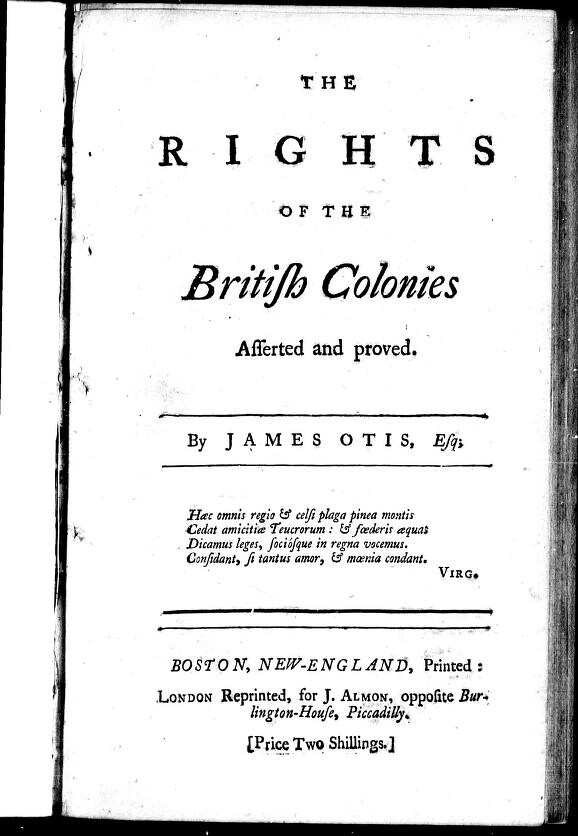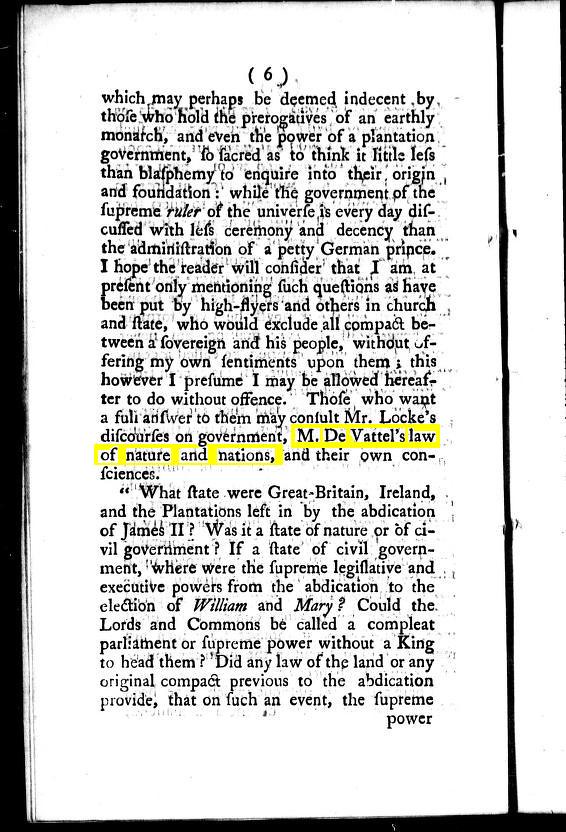The "Our nation is based on English Principles of Law" theory collides with the reality of the fact that it was a direct contradiction of English law for us to even exist. That there was nothing like what we did anywhere in English law is also readily apparent.
England had at least two revolutions in the 17th century, and when our revolution started the colonists were claiming the rights of Englishmen, not independence from the crown. The United Kingdom at various times had been something of a confederation, as the name suggests. Scotland had an independent parliament until 1707, Ireland until 1801.
To be sure Switzerland was an example of a confederation of republics, and the founders knew of it. But it was more like a looser confederation of independent cantons when they were around. A federated republic like our own was slow to develop. John Adams certainly did study the Swiss cantonal republics, but the founders also had the example of Ancient Greek and Renaissance Italian republics to draw on.
I'm not sure about the details of Swiss history, but reverence for English common law went deep in the colonies and later in the new nation. Common law was something that evolved over time through cases. Thus it wasn't as statist as Continental civil law. The founders were largely trained in the common law and built their case against Parliament and later the king in the tradition of common law principles.
There is no dispute that the practices and usage of common law was availed in the Colonies and what subsequently became the US. We did however dispense with certain aspects of it completely. (Primogeniture, Corruption of blood, etc.) The Common Law was useful in the every day running of a community, but when it came to matters of state, it was completely inadequate to our system of governance.
Many of the principles of common law are simply incompatible with the Principles upon which we were founded, and most central to the point is the notion that we owe allegiance for being born on the King's land. As has been mentioned before, this is a Feudal left-over, and ill suited to a nation such as ours.
Now you cite Ireland and Scotland, but having an independent Parliament was more akin to the status of a State, and not that of a separate nation. They all still owed a permanent allegiance to the King.
And yes, you are correct, that when the discontent first began, the Colonies protested that they weren't getting treated as they thought befit their status as Englishmen, but over time the sentiment for equality gave way to a desire for Independence. The political philosophy changed, and people such as James Otis and Samuel Adams looked elsewhere for their philosophical ideas.
Oddly enough, an interesting book just happened to have been circulating among the colonies about this time.
(1764) 

And the rest, is history.

